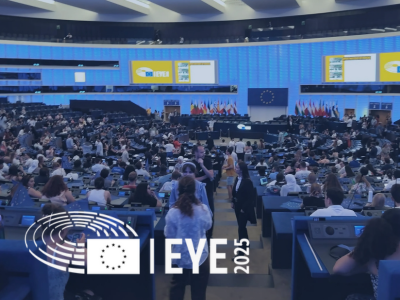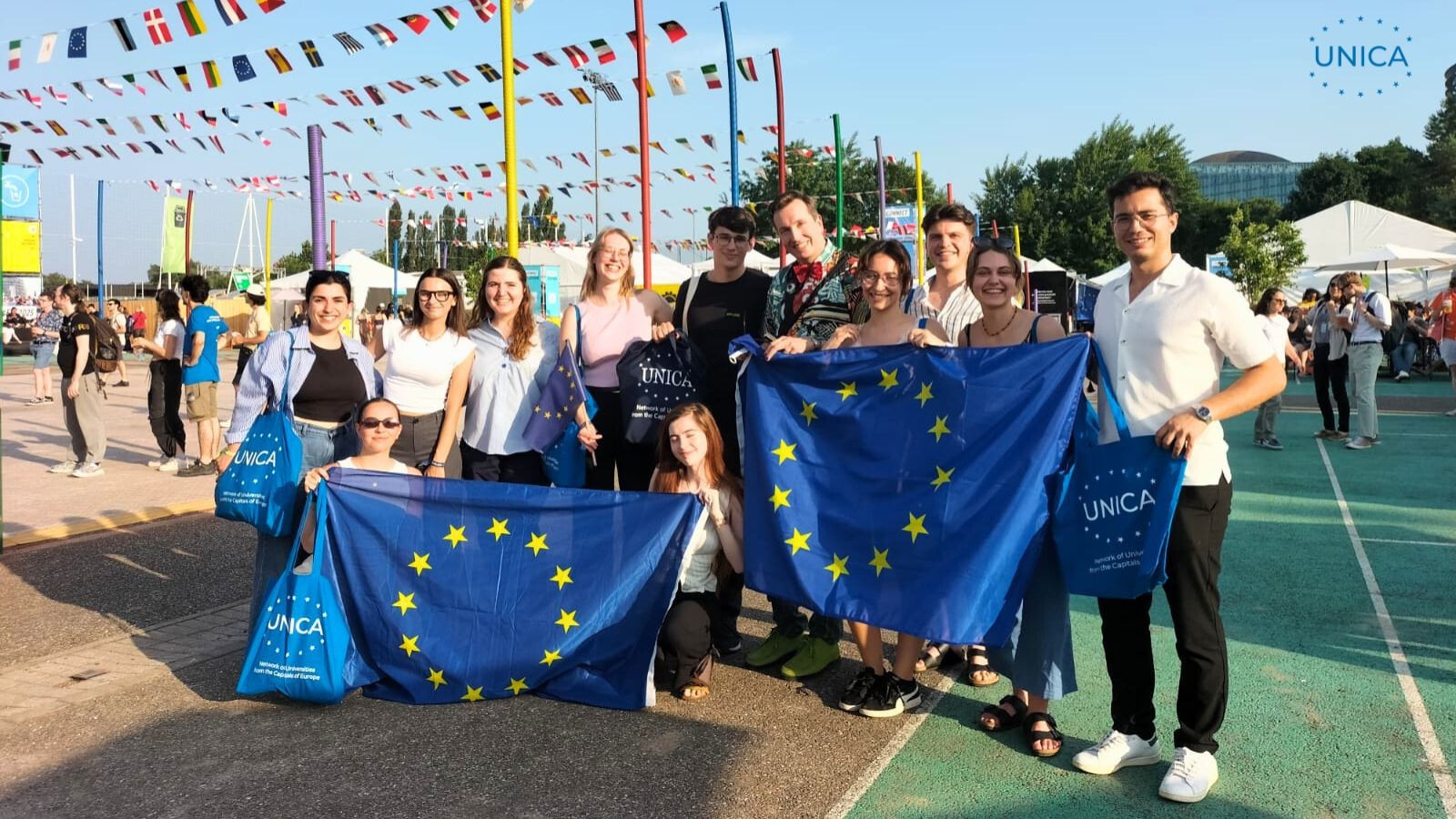From learning to leading: UNICA at the European Youth Event 2025
07 July 2025 | From UNICA

On the initiative of the Youth Outreach Unit of the European Parliament, UNICA attended this year’s European Youth Event (EYE2025) with a delegation of 15 representatives – 13 students and 2 staff members.
The group joined more than 8,000 young people in Strasbourg for this unique opportunity for young people to making their voices heard at the very center of European democracy.
Held every two years by the European Parliament, the EYE is a unique platform for youth aged 16 to 30 to engage directly with Members of the European Parliament, policymakers, experts, and civil society actors. The 2025 edition, held on 13–14 June, offered a rich programme of debates, workshops, artistic performances, and interactive sessions, both inside the Parliament and across the vibrant EYE Village, coordinated by the European Youth Forum.
As part of this edition, UNICA – Network of Universities from the Capitals of Europe was also given the chance by Youth Outreach Unit to take part in two workshops exploring the role of universities in promoting youth engagement and democratic participation. The sessions united students and youth networks from across Europe and beyond to re-imagine higher education as a space where learners are not passive recipients of services but active co-creators who shape those services, safeguard quality, and drive universities toward greater inclusivity, democracy, and genuine participation.
Session 1: Students as Change Makers
Effective student influence flourishes when universities embed formal representation with real decision-making power.
On Friday, 13 June, the workshop “Students as Change Makers – Strengthening Participation in Universities” brought together students from across Europe to reflect on the democratic processes within their universities. Through group exercises, a short panel debate, and collaborative action planning, participants explored the enablers and barriers to meaningful student involvement in university governance.
Effective student influence flourishes when universities embed formal representation with real decision-making power, cultivate a partnership mindset that treats students as co-creators, and maintain open communication channels that keep leadership accessible and responsive. Equipping student leaders with training and mentorship – and recognising their contributions through credits, awards, or public praise – further sustains active, confident engagement.
Conversely, influence stalls when student roles are purely tokenistic, decision-making lacks transparency, and hierarchical power imbalances sideline student voices.
When higher instances don’t follow-up on students’ feedback and marginalized groups are under-represented, consequences are evident: trust is lost and decisions are biased.
The workshop invited students to share real-life experiences of participation – both successful and challenging – and to assess what models of engagement work best, from student committees and town halls to co-governance and project-based collaboration.
The session concluded with students designing concrete action plans to drive change within their universities, which were then shared in a “walking gallery” format and discussed collectively with peers and speakers.
Session 2: Your Campus, Your Voice
Students are both willing and ready to take the lead when institutions provide the space and support they need.
On Saturday, 14 June, UNICA ran the workshop “Your Campus, Your Voice – Connecting Universities with the EU,” which asked participants to picture their ideal university-EU relationship and then compare it with the reality on their own campuses. The exercise exposed clear gaps—especially in inclusion, the visibility of EU opportunities, and the availability of civic education beyond political-science programmes.
A panel discussion explored ways to close those gaps, highlighting tools such as dedicated EU engagement offices, transdisciplinary EU-literacy modules, and student-driven policy projects. Participants then broke into groups to design new initiatives—peer-led information campaigns, EU policy labs, and mobility-ambassador schemes—all of which showed that students are both willing and ready to take the lead when institutions provide the space and support they need.



 Co-funded by the European Union. Views and opinions expressed are however those of the authors only and do not necessarily reflect those of the European Union or the European Education and Culture Executive Agency (EACEA). Neither the European Union nor the granting authority can be held responsible for them.
Co-funded by the European Union. Views and opinions expressed are however those of the authors only and do not necessarily reflect those of the European Union or the European Education and Culture Executive Agency (EACEA). Neither the European Union nor the granting authority can be held responsible for them.